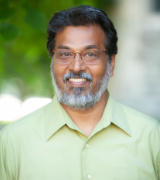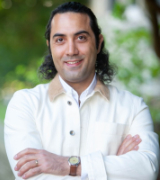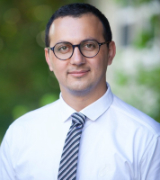Research
Contact the NCA
519-661-3901
info@nca.uwo.ca
Elborn College - Room 2262
1201 Western Road
London, Ontario N6G 1H1
Digital Signal Processing and Electroacoustics Lab
About the Lab
Lab Director
The Digital Signal Processing and Electroacoustics Laboratory is a multi-disciplinary funded laboratory for applied signal processing research. Current research projects include electroacoustic and behavioural assessment of DSP algorithms in hearing aids, realtime DSP algorithm development, and development of “App”s for Audiology and Speech Language Pathology.
A central focus of the research in the lab has been on speech quality evaluation and estimation, which is an important topic in telecommunications, Audiology, and Speech Pathology. For example, speech quality measurements are used to benchmark the performance of speech coding, noise reduction and echo suppression algorithms in telecommunications. Similarly, speech quality is an important factor in users' acceptance of and satisfaction with hearing aids and assistive listening devices. Likewise, speech quality measures are useful in quantifying the severity of a speech/voice disorder and in monitoring therapy progress. The long-term goal of this line of research is to develop and disseminate speech quality assessment tools that will allow efficient design and evaluation of communication and hearing devices, and assist in therapeutic management of speech disorders.
Lab Members

Vijay Parsa
Associate Professor, School of Communication Sciences and Disorders/Faculty of Engineering
- Speech and audio signal processing
- Electroacoustic measurements
- App development
Students

Hassanpour Arman
PhD Candidate

Vahid Ashkanichenarlogh
PhD Candidate
Publications
Visit Google Scholar or Scopus for more information.
Participate in a Research Study
Interested in participating in a research study? Visit the How You Can Help section of our website for more information.

